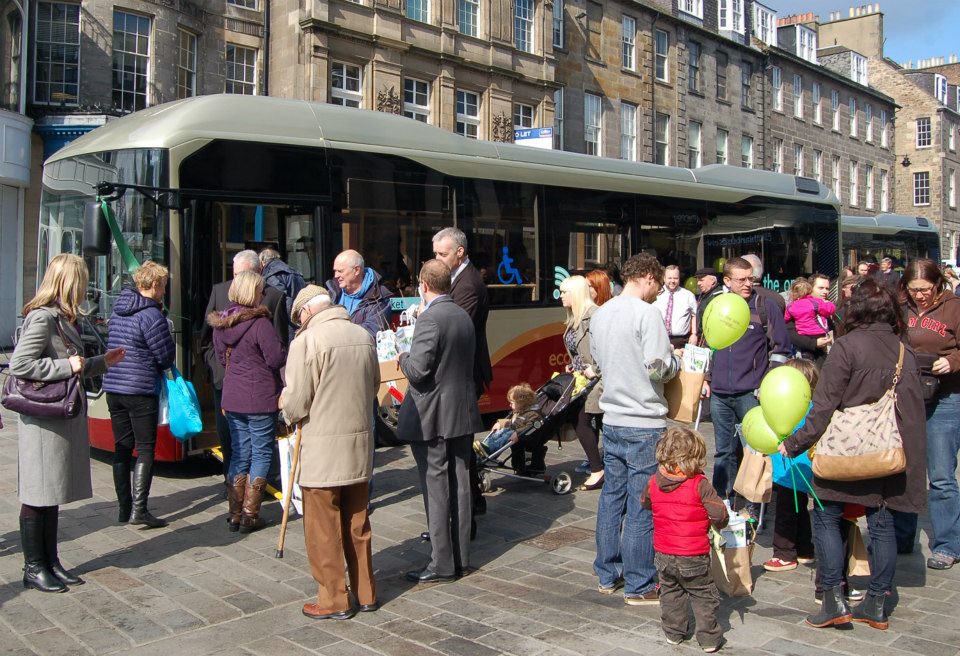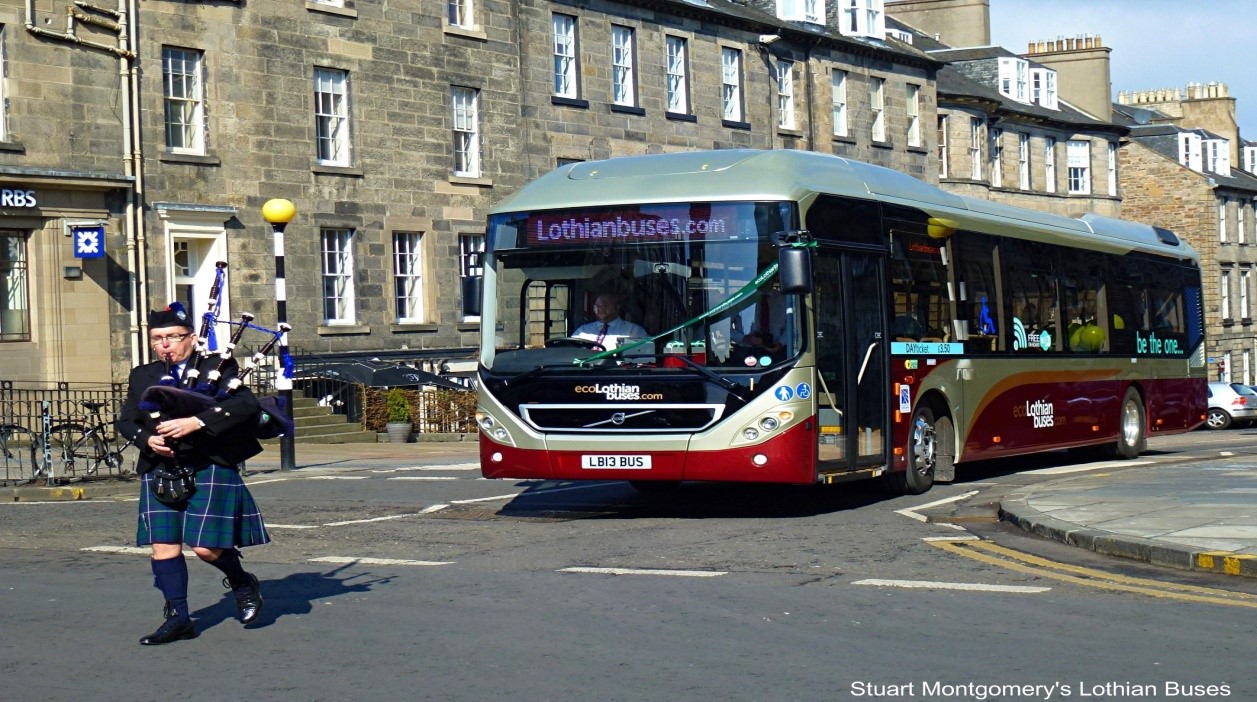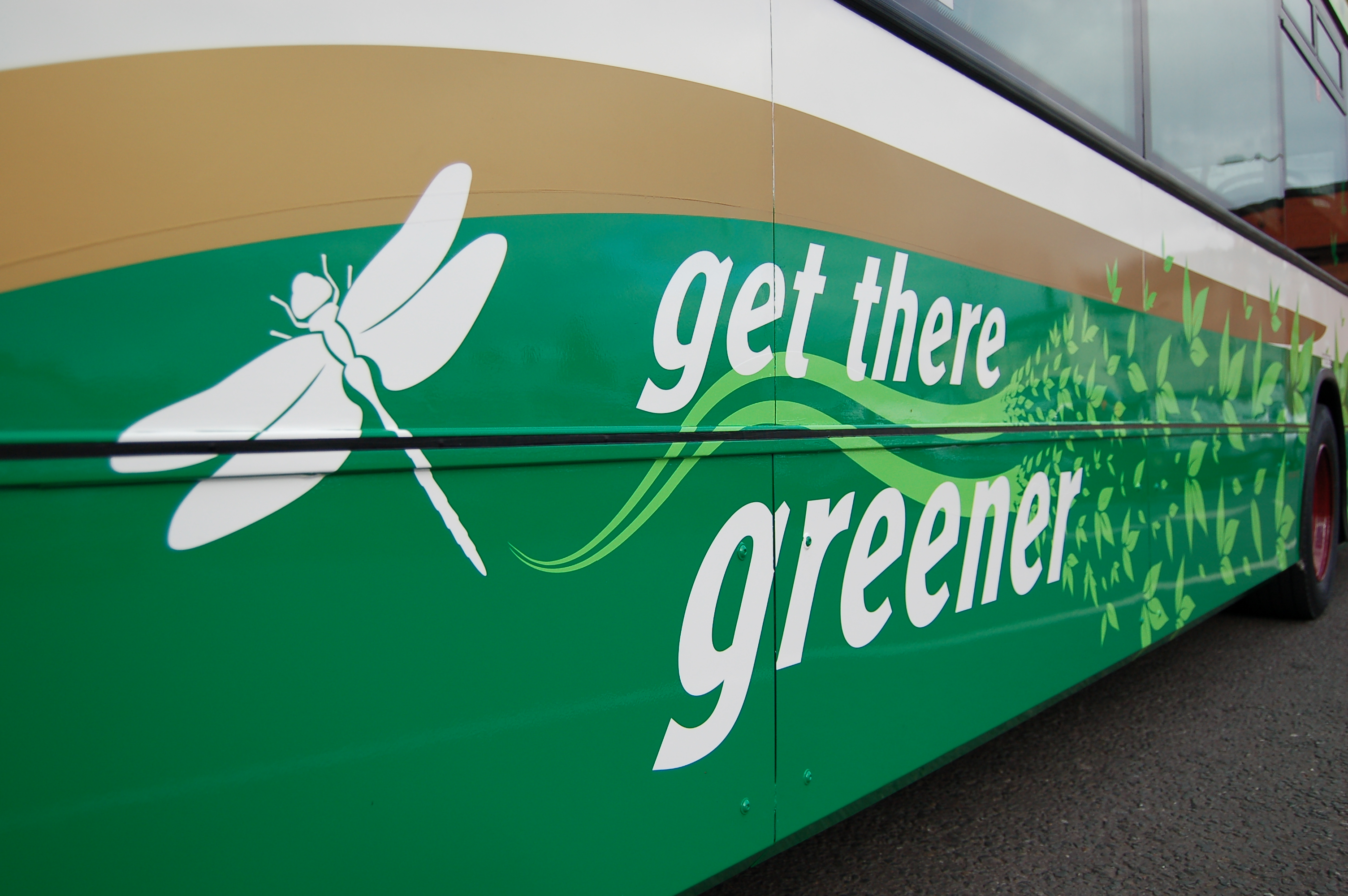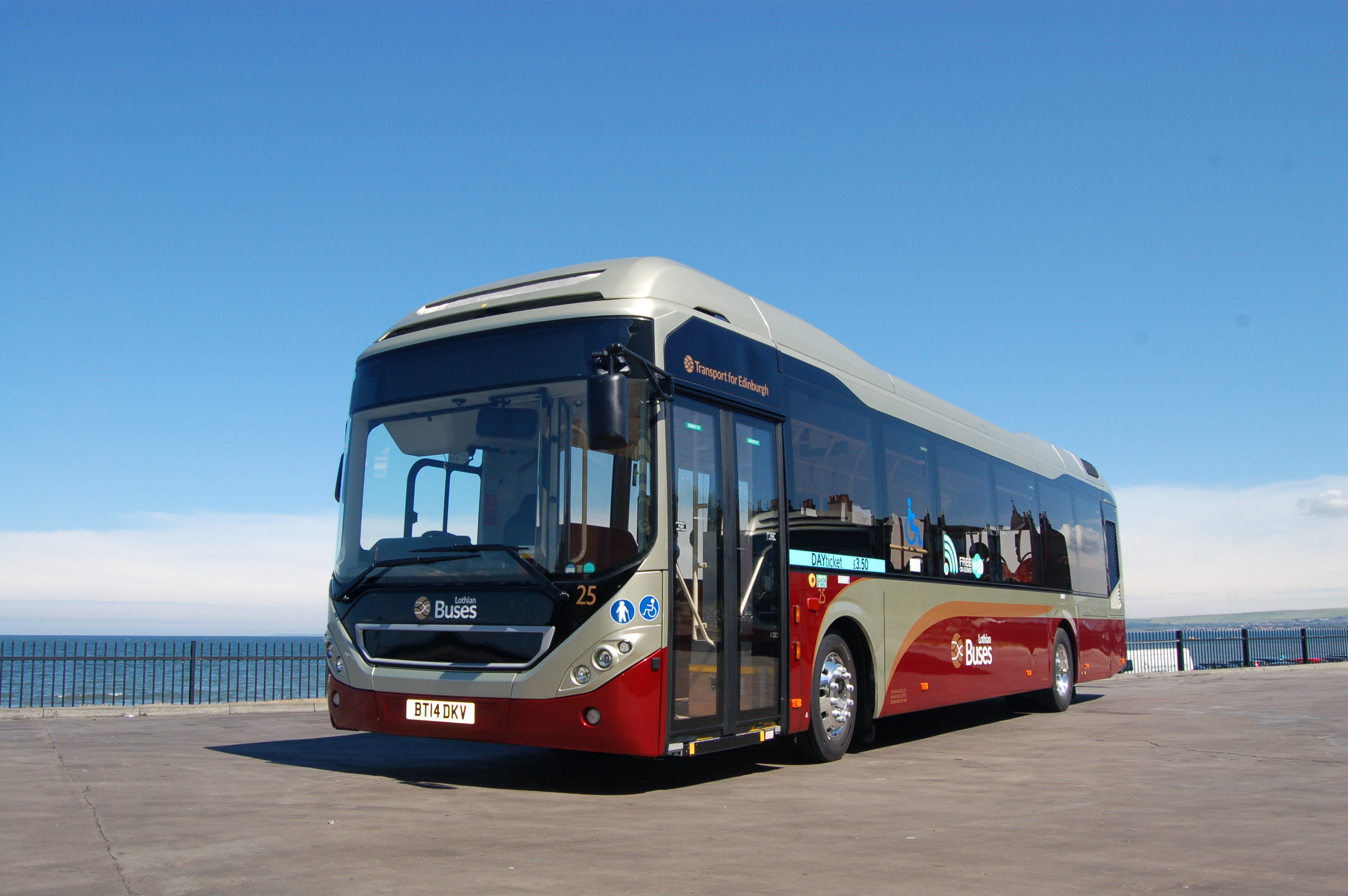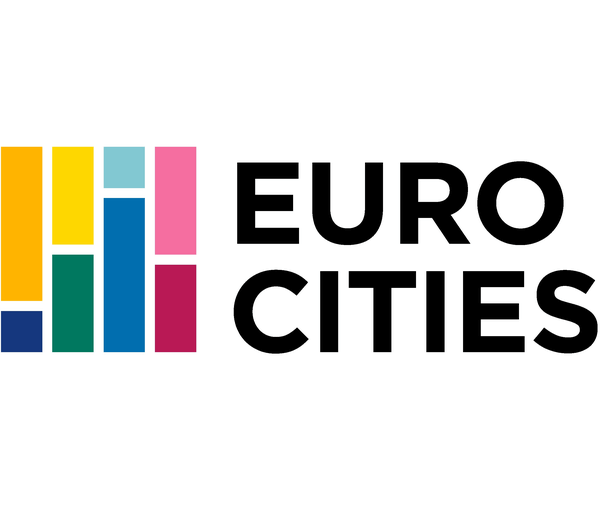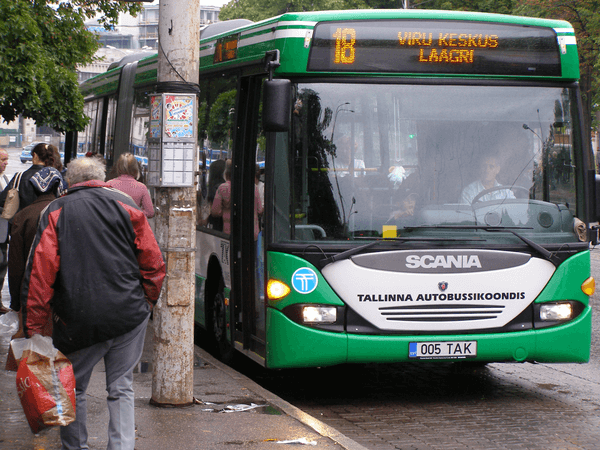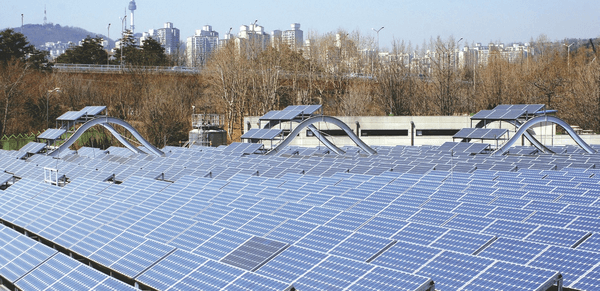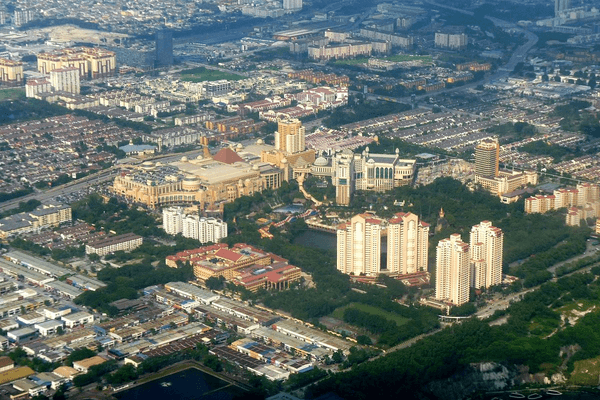City
Edinburgh
Main actors
City Government, Private Sector, Public Utility
Project area
Whole City/Administrative Region
Duration
Ongoing since 2011
Edinburgh's municipal bus company, Lothian Buses, is going a long way to combat this image with ‘Auld but not Reekie’, an initiative that by the end of 2014 will see 65 hybrid buses in service and 45 buses retrofitted with low emissions exhausts.
‘Auld Reekie’ is the traditional name for Edinburgh, referring to the smoky chimneys that once characterised the city. With its initiative ‘Auld but not Reekie’, the bus company has managed to cut its carbon footprint by 2,000 tonnes per year and has significantly improved quality of life for Edinburgh’s residents, especially in areas of high pollution. The new bus provision in Edinburgh has led to a 7-10% rise in passengers on the hybrid bus routes, who have been drawn away from their cars not just by the environmental factors, but also due to new features such as onboard wifi.
The three main objectives of this project were:
1. To improve fuel efficiency and reduce dependence on natural resources.
2. To reduce the environmental impact of buses in Edinburgh in terms of carbon footprint, air pollution and noise pollution.
3. To encourage more citizens to use public transportation with the introduction of new environmentally friendly buses.
Originally published by EUROCITIES, the network of 130 European cities - PDF: http://nws.eurocities.eu/MediaShell/media/March15_Cities%20in%20action_Auld%20but%20not%20Reekie_Edinburgh.pdf
Eurocities Awards
This project was shortlisted for the 'Eurocities Awards' in 2014 in the following category: Innovation.
On Map
The Map will be displayed after accepting cookie policy
